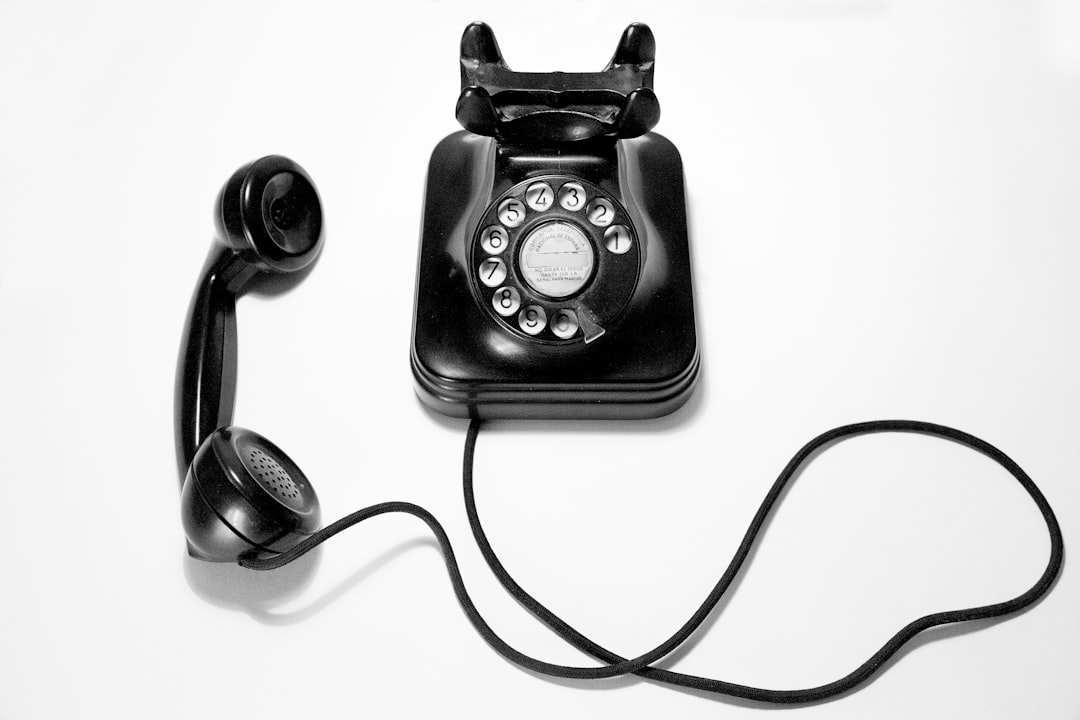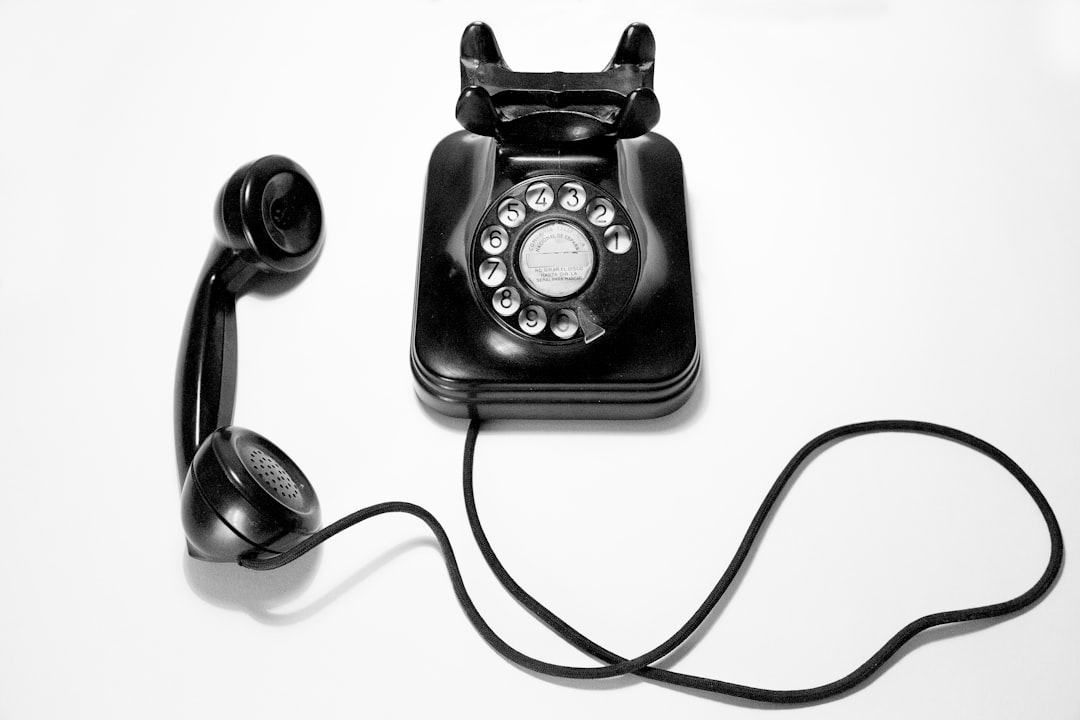The Telephone Consumer Protection Act (TCPA) regulates telemarketing and protects consumers from unwanted communications. In Nevada, businesses using autodialers must obtain explicit consent for marketing messages to avoid significant fines and legal issues. Adequate documentation of consumer interactions is vital for compliance, including caller ID, contact details, call purpose, and responses. Non-compliance can lead to severe penalties and lawsuits. Choosing the right autodialer lawyer or attorney in Nevada with expertise in TCPA and consumer law is crucial for businesses to navigate these regulations effectively.
In today’s digital era, effective communication with consumers is paramount, especially when utilizing autodialers. The Telemarketing Consumer Protection Act (TCPA) guidelines govern these practices, ensuring consumer privacy and consent. This article guides businesses in navigating the best practices for documenting communications under TCPA rules, particularly in Nevada. Understanding these regulations is crucial to avoid legal pitfalls. We explore essential elements of documentation, potential risks, and key considerations when choosing an autodialer lawyer or attorney in Nevada to ensure compliance and mitigate consequences.
Understanding TCPA Guidelines and Their Relevance to Autodialer Communications

The Telephone Consumer Protection Act (TCPA) is a federal law designed to protect consumers from certain practices in the telecommunications industry, including unwanted or harassing calls and texts. For businesses utilizing autodialers—software that automatically dials phone numbers for marketing or customer service purposes—complying with TCPA guidelines is of paramount importance.
Autodialer lawyers in Nevada, such as those at leading law firms across the state, emphasize the critical nature of adhering to these rules to avoid substantial fines and legal repercussions. The TCPA restricts the use of automated dialing systems, mandating explicit consumer consent for marketing calls and texts. This is especially relevant for businesses employing autodialers, as they must ensure every communication complies with these guidelines, safeguarding their operations from potential legal challenges and maintaining customer trust.
Documenting Consumer Interactions: Essential Elements and Best Practices

Documenting consumer interactions is a vital aspect of adhering to TCPA guidelines and can significantly impact legal defenses in case of disputes. When using an autodialer, essential elements to capture during each interaction include clear identification of the caller, date and time of contact, detailed notes on the purpose of the call, and the consumer’s response or consent (or lack thereof). Accurate documentation should also include the consumer’s phone number and any unique identifiers linked to their account.
Best practices suggest maintaining a structured record-keeping system, ensuring all interactions are logged promptly after contact. This may involve utilizing specialized software or case management tools designed for TCPA compliance. Lawyers in Nevada, assisted by autodialer attorneys or law firms, should train staff on consistent documentation procedures. Regular reviews of documented interactions can help identify patterns and ensure compliance with consumer consent requirements, particularly when dealing with multiple phone numbers through an autodialer.
Legal Implications of Inadequate Documentation: Risks and Consequences for Autodialer Law Firms in Nevada

Inadequate documentation of consumer communications can have severe legal implications for autodialer law firms in Nevada operating under TCPA (Telemarketing Consumer Protection Act) guidelines. The TCPA is a stringent federal law designed to protect consumers from aggressive telemarketing practices, and compliance is crucial to avoid substantial penalties. Failure to properly document calls, including the content, timing, and consent of the consumer, can result in costly lawsuits and damage to the firm’s reputation.
Lawyers and attorneys representing autodialer firms must ensure detailed and accurate records are maintained to demonstrate compliance with TCPA regulations. This includes documenting each call, text, or email sent, ensuring all communications are tailored to individual consumers’ preferences and consent. The risks of non-compliance include direct financial losses for the firm and potential long-term harm to their ability to operate in the state of Nevada. Consumers who feel their privacy rights have been violated can file collective actions, leading to substantial judgments against the law firms responsible.
Choosing the Right Lawyer: Key Considerations for Businesses Using Autodialers in Nevada

Choosing the right legal counsel is a strategic decision that can significantly impact your business’s compliance with the Telephone Consumer Protection Act (TCPA) guidelines, especially when utilizing autodialers. In Nevada, where the regulations are strictly enforced, businesses should look for an autodialer lawyer or autodialer attorney who specializes in this area of law. Consider a legal team that comprises experienced autodialer law firms with a proven track record of defending clients against TCPA violations.
When selecting an autodialer lawyer in Nevada, ensure they have expertise in navigating the complexities of consumer communication laws and possess a deep understanding of how autodialers operate. The ideal attorney or law firm will be well-versed in both state and federal regulations, enabling them to provide tailored advice and effective representation to protect your business interests while ensuring compliance.






